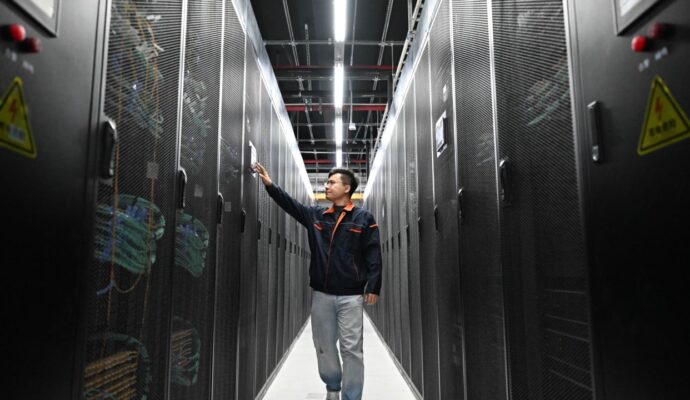
“ByteDance-owned TikTok has knowingly allowed the ability for the Chinese Communist Party to access American user data. Americans deserve to know how these actions impact their privacy and data security, as well as what actions TikTok is taking to keep our kids safe from online and offline harms,” Rodgers said.
“Big Tech has increasingly become a destructive force in American society. The Energy and Commerce Committee has been at the forefront of asking Big Tech CEOs – from Facebook to Twitter to Google – to answer for their companies’ actions. These efforts will continue with TikTok,” she added.
The testimony will come amid increasing calls from US lawmakers, mostly Republican, to ban the app – a subsidiary of Chinese company ByteDance with over 100 million US users – in the US.
The stated reason for doing so: national security concerns that the Chinese government might gain access to US user data, as well as potential risks of pro-China censorship or propaganda on the app.
On December 29, US President Joe Biden signed into law a measure prohibiting federal employees from using TikTok on government-issued devices as part of an omnibus package. As of Monday, at least 31 states have banned the app on state networks or devices as well.
Last week, bills to wholly ban TikTok in the United States were reintroduced in both the House of Representatives and the Senate by Republicans Representative Ken Buck of Colorado and Senator from Missouri Josh Hawley. On Friday, the House Foreign Affairs Committee confirmed that it will hold a February vote on Buck’s bill.
A separate bill introduced earlier this month prohibits federal funds from being sent to colleges and universities that have not banned the use of TikTok on institutional devices, with exceptions made for research purposes.
The TikTok app on a smartphone. Illustration: Reuters
For three years, TikTok has sought to defuse Washington’s concerns.
Critics have argued that China’s 2017 National Intelligence Law would require the company to hand over sensitive data to the Chinese government on request, citing a clause that requires “all organisations and citizens [to] support, assist, and cooperate with national intelligence efforts”.
TikTok contends that the national intelligence law does not apply to its US user data, which it says is stored in US and Singapore servers and thus outside the law’s jurisdiction. However, sceptics point to the broad “affiliate sharing” provision in its privacy policy as a vehicle for TikTok to legally transfer data to its China-based parent, ByteDance, which is subject to the intelligence law.
Not all policymakers are convinced that TikTok poses an imminent threat. Connecticut has not banned the app, with state officials describing a ban as potential “overreach” after the Federal Bureau of Investigation (FBI) failed to provide them sufficient evidence of TikTok’s risks, according to Al Jazeera.
TikTok’s latest round of negotiations with the Committee on Foreign Investment in the United States (CFIUS), an inter-agency body that investigates the national security implications of proposed foreign investments, have dragged on for more than a year.
To appease regulators’ concerns over data localisation, TikTok has worked to migrate data on US users to servers controlled by the US database giant Oracle, as part of a broader effort called “Project Texas”.
In a statement on Monday, TikTok touted the cornerstone of the initiative – a plan to create a new US subsidiary overseen by CFIUS called US Data Security to handle sensitive operations like content moderation and access to US citizen data.
In a briefing at TikTok’s Washington offices last week, the company stated that Oracle would lead a security review examining all TikTok software, with the participation of a third-party inspector approved by CFIUS. If TikTok’s code does not pass the inspection, the software cannot run.

